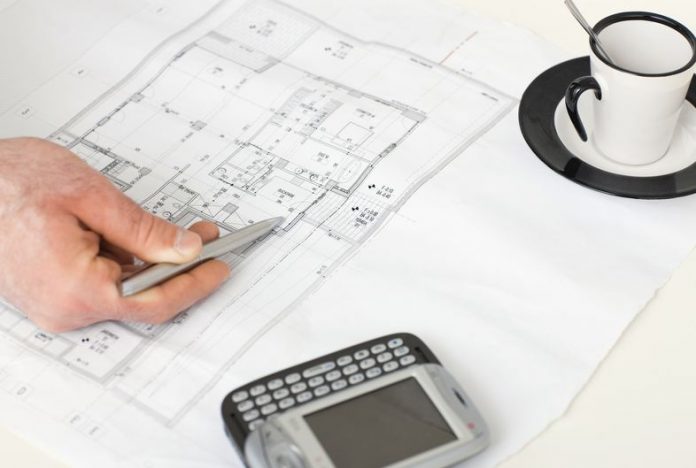So you would love to buy the Tuscan house plan of your dreams, but have yet to purchase your building site.
Certainly, you want both your home and your land to marry beautifully together that’s a given. Therefore, which do you purchase first?
This question is analogous to that of the chicken and egg thing; whether to buy your house plans or your land first.
In general, a piece of land has fewer options for modifications where you have many more when choosing a house plan; therefore it is perceptibly more desirable to consider buying your land first.
For example: the land has a height restriction of 22 ft. to the peak of the roof. If you have a two-story plan already purchased it simply won’t work and have wasted your money buying a house plan first.
Sure, you could search and search for that piece of land to fit your home, but your options may lead you to an undesirable location.
Before beginning your search for your land, it is a great idea to come up with some basic guidelines that you desire to steer you towards your ultimate goal, such as:
The basic dimensions of your main floor.
The basic style (ranch, one-story, two-story, bi-level, etc…)
Foundation Type (Slab, Basement, Walk-Out Basement, etc)
Will a Tuscan house plan work with the topography of the land and compliment the surrounding homes?
Are there building restrictions in the area that would either prevent building your home or require modification of your house plan?
Are the soil conditions optimal for growing Tuscan style plantings (if you truly desire them)? Having a soil survey may be worth the cost, especially if you long to grow the classic tall-slender cypress trees.
Is the land large enough for a pool and/or outdoor living spaces to compliment our home?
Other factors to consider when buying any piece of land to build upon:
How stable is the ground?
If the ground is softer, unstable, the water table is high/low, and/or underground streams your foundation/basement may be at risk.
Talk with a professional who specialized in this area, perhaps a geological study and survey is always a good idea to have done on any land you are considering – before you buy the land.
Is the land rocky or filled with trees? If so, would it be affordable within our budget to excavate the land?
It can be extremely expensive to remove trees and rock, so this needs to be considered when building anywhere.
Is the property boundaries clearly defined and are there setback/easement requirements that would restrict the size and/or the configuration of the house plan?
Are the taxes reasonable and affordable? In addition to regular property tax, certain properties can have specials tax affixed to them, which can raise the price of the land tremendously.
This additional tax is generally added on to the property to cover the cost of developing the land. Check it out. The land down the street, though priced higher, may cost much less in the long run if it has no specials tax.
Are there gas, electric, water, sewer, internet, cable/satellite and phone service hookups available?
If not, you may either have to pay a ton of money to bring service to your land or have septic/lagoons, water wells, propane, etc brought in. Therefore this is a very important topic to check out.
Is the land optimal for using alternate methods for electricity, heating and/or cooling such as solar, wind, geothermal energy?
Are there any environmental concerns you need to know about? Pollutants in the air, water and ground should be a huge factor when considering a piece of land anywhere.
Is the location convenient to work/school/shopping/medical centers, etc?
Even if the reality of building a new home is in the distant future you may want to consider (if your budget allows) purchasing your land and blueprints now for that big day.
Doing so will give you a big head start on building equity in your home, plus you could save money by purchasing your land at today’s cost, not at an inflated price of the future.
Please note:
Always seek advice from highly experienced and respected licensed professionals specializing in the above topics, as well as the zoning ordinances and home association regulations as both geographical conditions and building code/regulations in your area can greatly affect how, when, and where your home is built.

